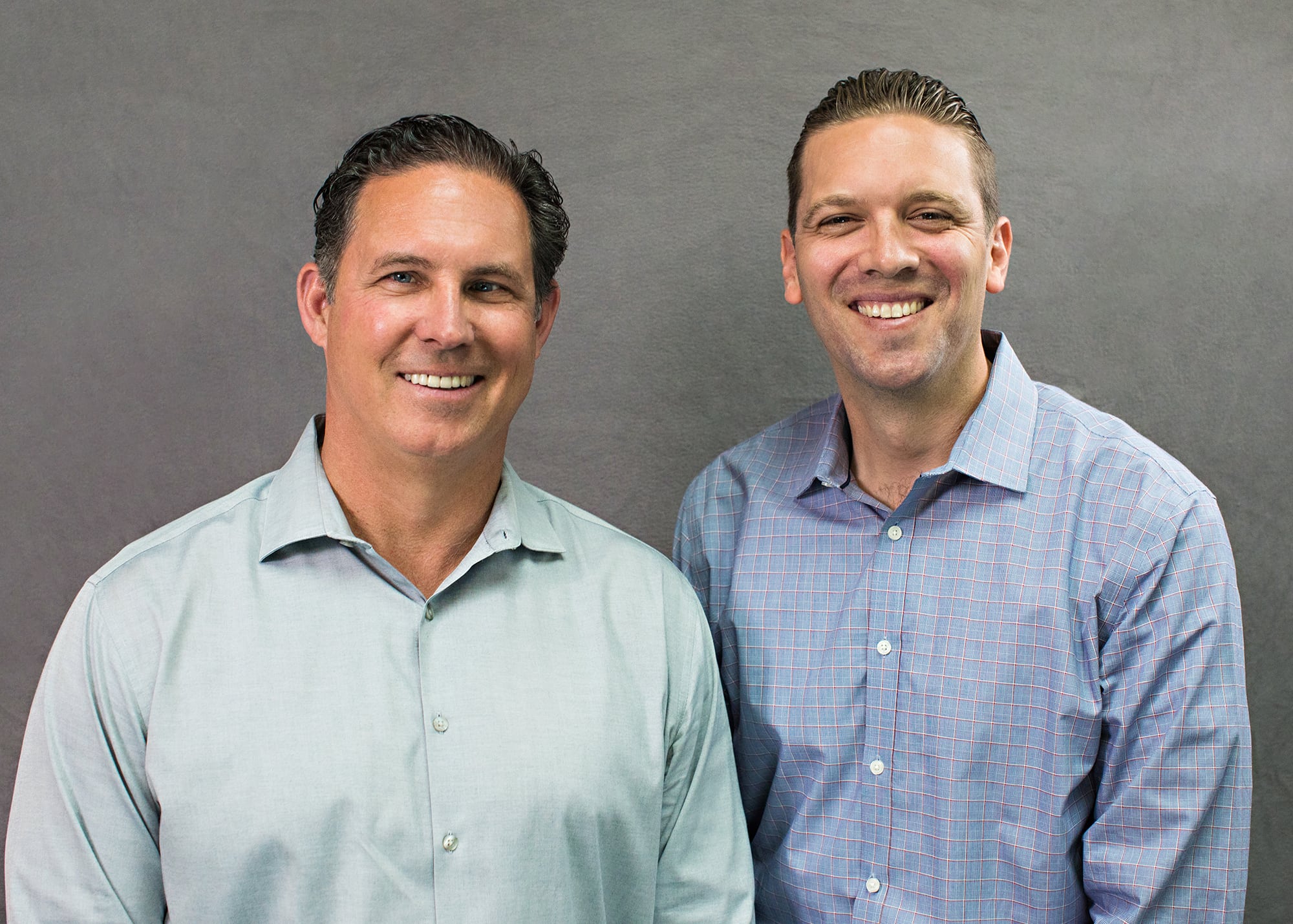Insurance, although not one of the most exciting topics, is an important component of homeownership.
Someone once said, “Paying for insurance stinks until you need it,” which couldn’t be more accurate. Obtaining homeowners coverage has become increasingly difficult for Californians, so we thought offering some general guidance for buyers seeking coverage in a competitive housing market would be helpful.
Earlier this year, several major carriers, including State Farm, Allstate, and AIG, announced that they would no longer offer new policies to homeowners in California, citing “headwinds brought on by catastrophic weather events, inflation, and challenging economic conditions.” One senior property and casualty insurance strategy manager stated, “Insurance companies need to remain profitable enough to comply with state law and to pay out the claims of their existing customers, but this has proven to be increasingly difficult in recent years due to wildfire losses and other factors.”
This doesn’t mean you still can’t obtain insurance; it only means you should be more proactive in your approach to securing coverage, especially if you’re entering or already in a real estate transaction. Based on our online research, it appears numerous companies continue to offer coverage in California. You may ask, “Why do I need homeowners insurance, and what does it cover?” If you’re purchasing or already own a home with a mortgage attached to it, the lender will most likely require that you have an insurance policy in place or provide proof of coverage before funding a loan when purchasing a home. Although California doesn’t require homeowners insurance by law, we believe it is important to secure coverage even if you don’t have a loan and own your home outright.
Homeowners insurance typically covers your dwelling, other structures on your property, personal property, personal liability, medical payments to others, and loss of use costs. A policy generally doesn’t cover damage caused by earthquakes, floods, mold, earth movement, and wear and tear. This is only a general overview. Each carrier and coverage can vary, so it’s always important to read the fine print and ask questions so you fully understand what your policy covers.
In the past, it was easier to obtain coverage, so buyers would often wait to secure a policy until after all contingencies were removed and just prior to closing. This is not something we recommend any longer. Insurability is one of the several contingencies that allow a buyer to back out of a transaction if they cannot secure coverage. In the highly competitive market we have experienced locally over the last several years, many buyers are reducing their inspection contingency periods from 17 days (as stated in the CA Residential Purchase Agreement) to 10 days and under. In some cases, qualified buyers are removing many of their contingencies to give them a competitive advantage over other buyers in multiple-offer scenarios.
As agents who represent buyers, we always discuss the risk factors associated with tightening up and even removing contingencies with our clients. Where insurance is concerned, we recommend that all buyers contact several insurance carriers immediately once their offer is accepted. This allows a buyer to compare prices and coverage options. In the rare event that the home they are purchasing isn’t insurable, the buyer maintains the option to back out of the transaction during their contingency period without jeopardizing the loss of their good faith deposit.
At the end of the day, it’s always important to be proactive, thoroughly educate yourself, and understand all the available options to you. spt






Comments